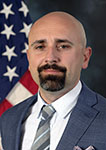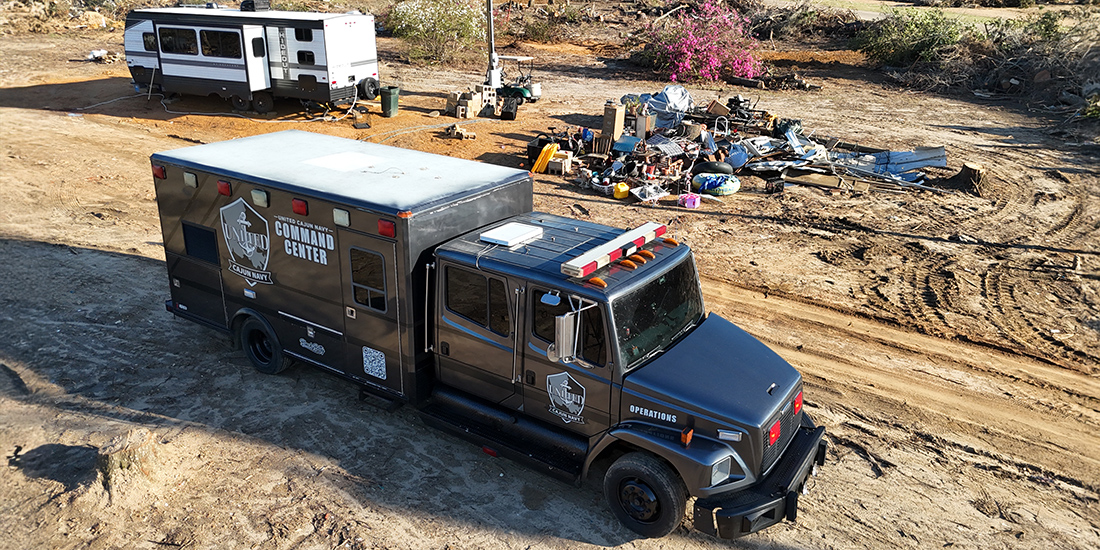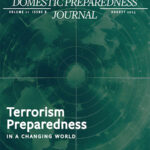Founded in the aftermath of Hurricane Katrina in 2005, the United Cajun Navy (UCN) mobilizes private boat owners and other volunteers to provide immediate assistance during floods, hurricanes, and other natural disasters, often filling gaps in official response systems. The UCN is a volunteer-driven nonprofit organization that has recruited almost 5,000 volunteers, donated over 1.8 million pounds of supplies, deployed to at least 28 disasters and 19 states. UCN is dedicated to disaster relief, search and rescue operations, and community recovery efforts across the United States. The group integrates into response operations (at the state and local level) by establishing direct lines of communication—through its chain of command—with the official agencies that are supporting the efforts. The UCN’s volunteer national “technical industry liaison” facilitates collaborations with for-profit organizations to implement technical capabilities and create partnerships to improve response. For other organizations, local technical liaisons may be a good option to incorporate based on the needs and structure of the organization (e.g., organizational charts, internal structure, size, etc.).
The Role of a National Technical Industry Liaison in the United Cajun Navy
A national technical industry liaison facilitates partnerships with UCN that help integrate innovative tools into disaster operations. UCN relies on technology for efficient response, including a mobile command center equipped with radio communication systems licensed by the Federal Communications Commission and the Eden Emergency Management Platform for coordinating rescues. As such, identifying and securing collaborations with technological partners improves real-time data sharing, communication infrastructure, and logistic platforms during crises.
The liaison represents UCN to state leaders and educates them on UCN’s technological response and recovery capabilities. In support of UCN’s commitment to communities affected by disasters, the liaison oversees technical integrations in preparation for swift and safe response by volunteers during a disaster. For instance, UCN’s Weather Watch app provides severe weather alerts and aids in decision-making, and the liaison was responsible for creating the partnership between UCN and RescAlert to provide technology only available through UCN. Optimizing these resources helps UCN reduce response times and improve outcomes of events they respond to, such as the 2025 Texas floods and 2024 Hurricane Helene recovery efforts in North Carolina and Tennessee.
Liaisons’ Contributions to Emergency Preparedness and Response
A technical industry liaison role extends a volunteer response organization’s reach by incorporating modern advancements that address common challenges in disaster management, such as communication breakdowns, resource allocation, and even weather and hazard prediction. The liaison develops partnerships to acquire resources such as infrared, radar sensors, drones, communication platforms or network enhancements, cybersecurity platforms, artificial intelligence capabilities, etc. Collaboration with mobile app companies facilitated by the UCN liaison has improved command and control and prediction capabilities, allowing field volunteers to maneuver accordingly.
UCN has responded to numerous events conducting aerial supply drops and evacuations in partnership with entities like Operation Airdrop. In such situations, the liaison helps navigate complexities and the efficient use of assets such as drones, communication networks, complex integrations, and space-based assets.
In the recovery phase, a liaison ensures sustained technical support. For example, during post-flood efforts in the Texas Hill Country in 2025, UCN maintained a presence for debris removal and supply distribution, benefiting from technology, such as the mobile command center or Weather Watch. These tools enable UCN to respond quickly and fulfill its humanitarian mission. Volunteer technical liaisons are force multipliers for nongovernmental organizations as demonstrated by industry innovations integrated into the service, the risks mitigated, and the ultimate value to volunteers.
Challenges and Paths Forward
Despite advancements, challenges persist in coordinating volunteer efforts with governmental agencies. The United Cajun Navy operates independently, often deploying within 24 hours of an incident, but technical integrations require ongoing partnerships to avoid duplication of efforts and continuity of capabilities. To enhance technical partnerships, a response organization should consider the following action items:
- Collaborate with volunteer technical liaisons to advocate for interoperable systems and relevant capabilities with state leaders.
- Expand the use of artificial intelligence for predictive analytics, drone deployments, and command and control center capabilities.
- Consider personal and professional experiences of all volunteers and staff and how they, combined with technology, could potentially be used to improve operations and leverage technical capabilities.
Volunteer expertise, whether technical or in another capacity, can amplify organizational impact and promote a more robust national response framework. Facilitating industry partnerships with the United Cajun Navy and other volunteer organizations maximizes efficient response in a crisis. In this light, a technical industry liaison is an invaluable asset.

Mitchel Reed
Mitchel Reed has over 20 years of combined experience in military operations, strategic planning, technology management, and executive leadership. A United States Army veteran, Reed deployed to Afghanistan and Qatar, earning the Bronze Star medal and Meritorious Service medal. He holds a master’s degree in leadership studies from the University of Texas at El Paso and certifications as a licensed Scrum Master and Lean Six Sigma Green Belt. Reed is also the chief executive officer of UKnightedXP Inc., a nonprofit charity, executive board advisor for RescAlert, Okaloosa County School Board candidate, NASA University Student Launch Initiative mentor, and volunteer national technical industry liaison for the United Cajun Navy.
- Mitchel Reedhttps://domprep.com/author/mitchel-reed





